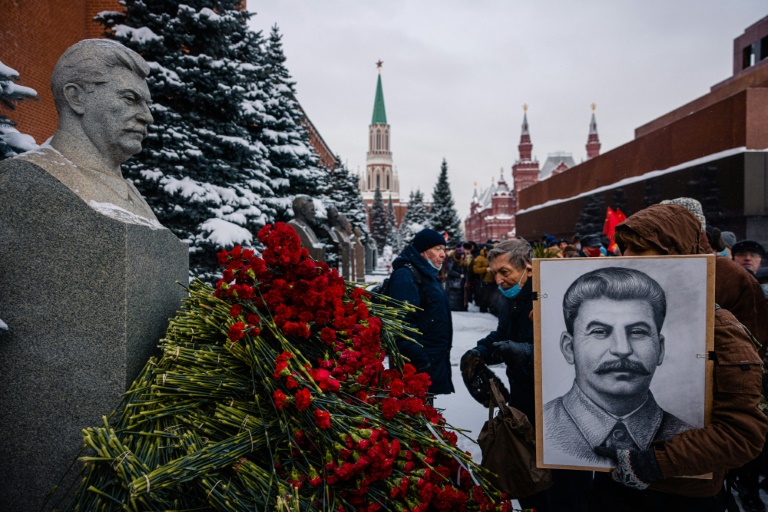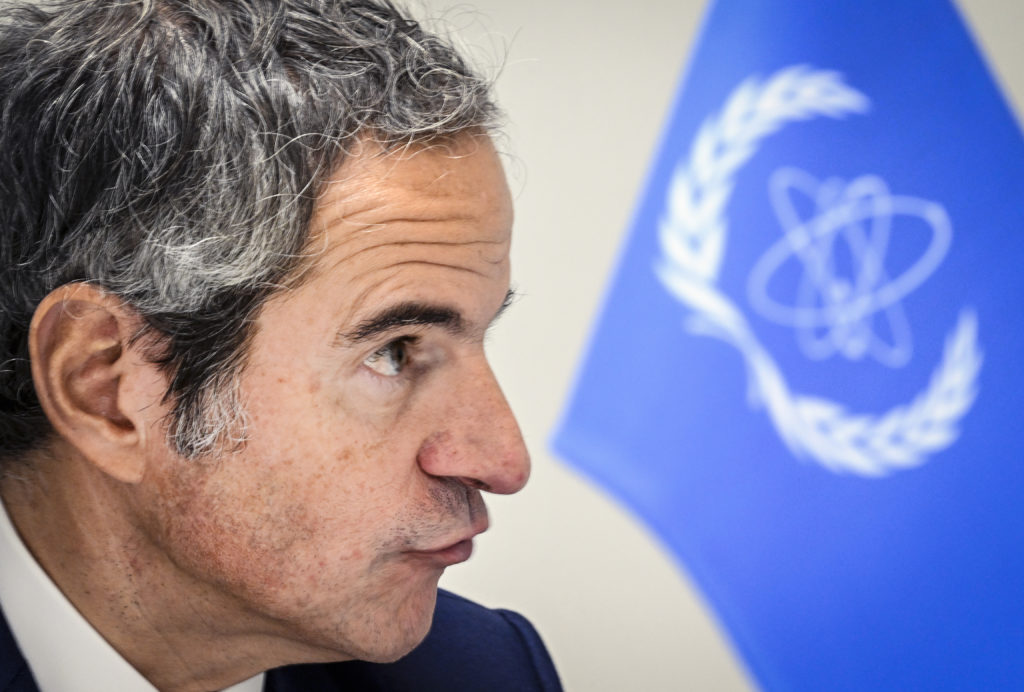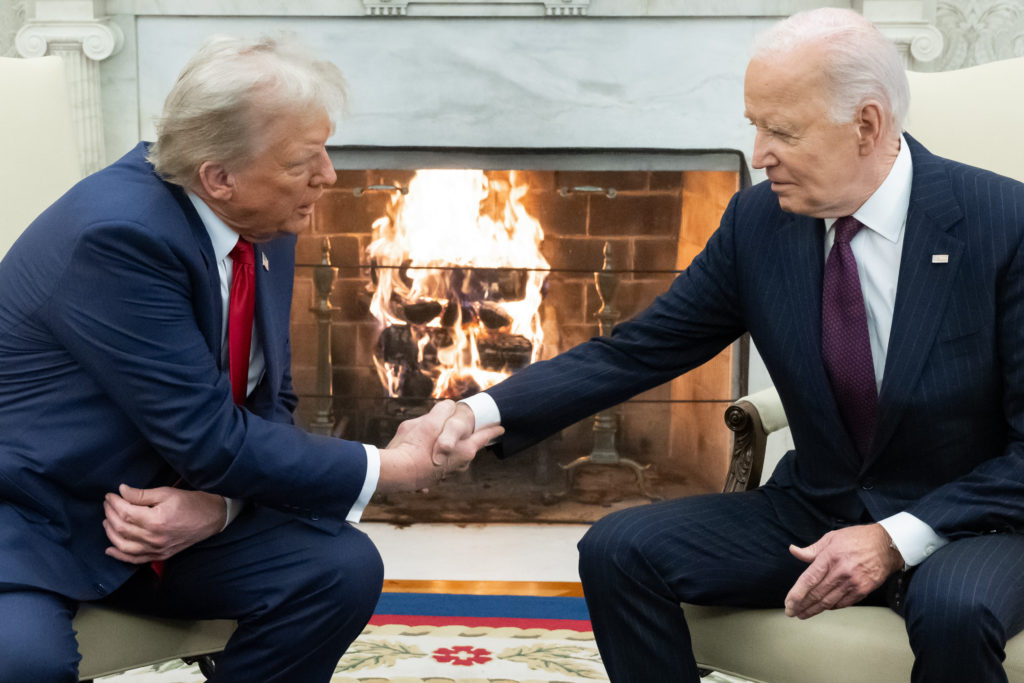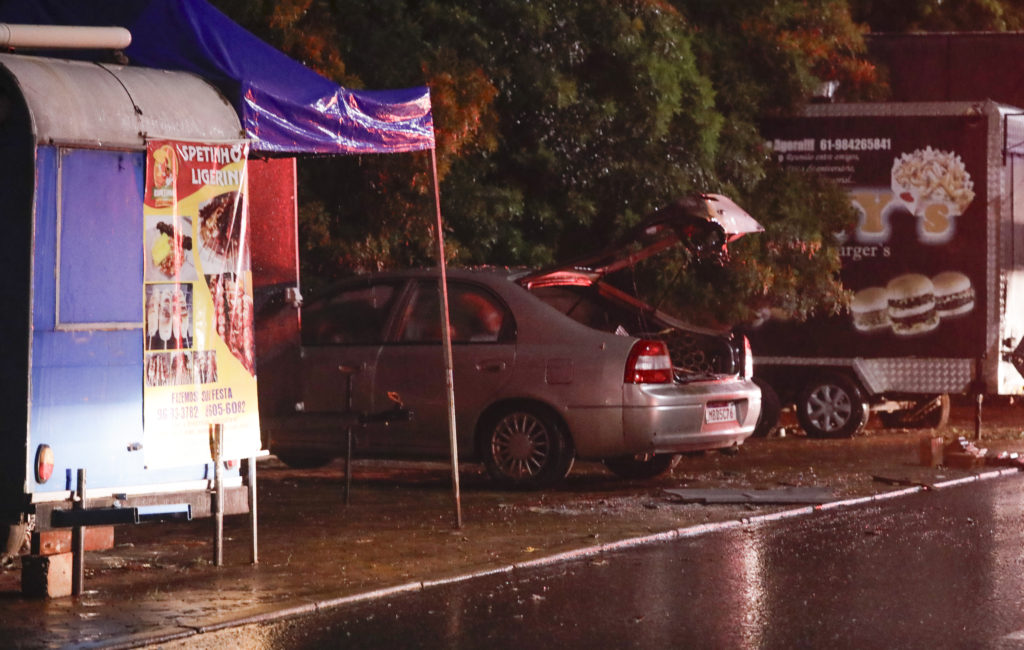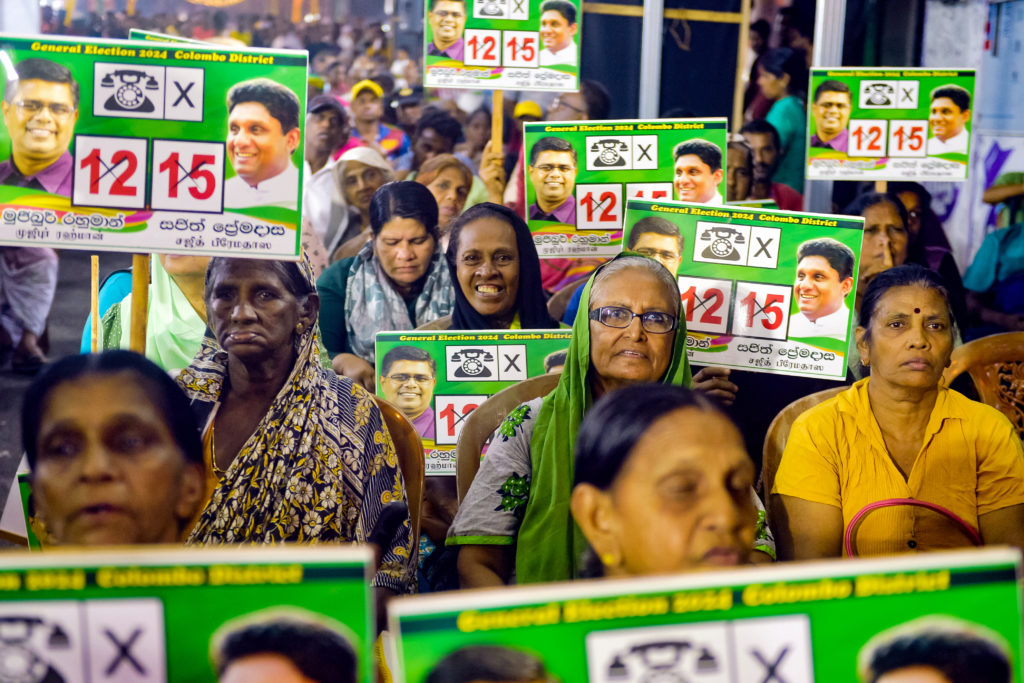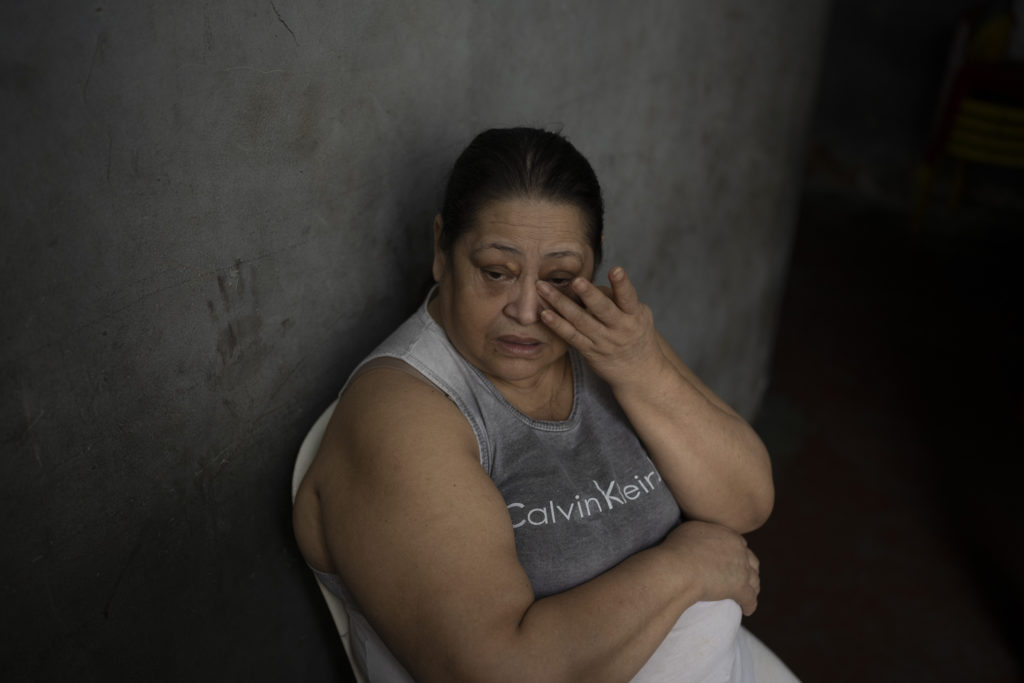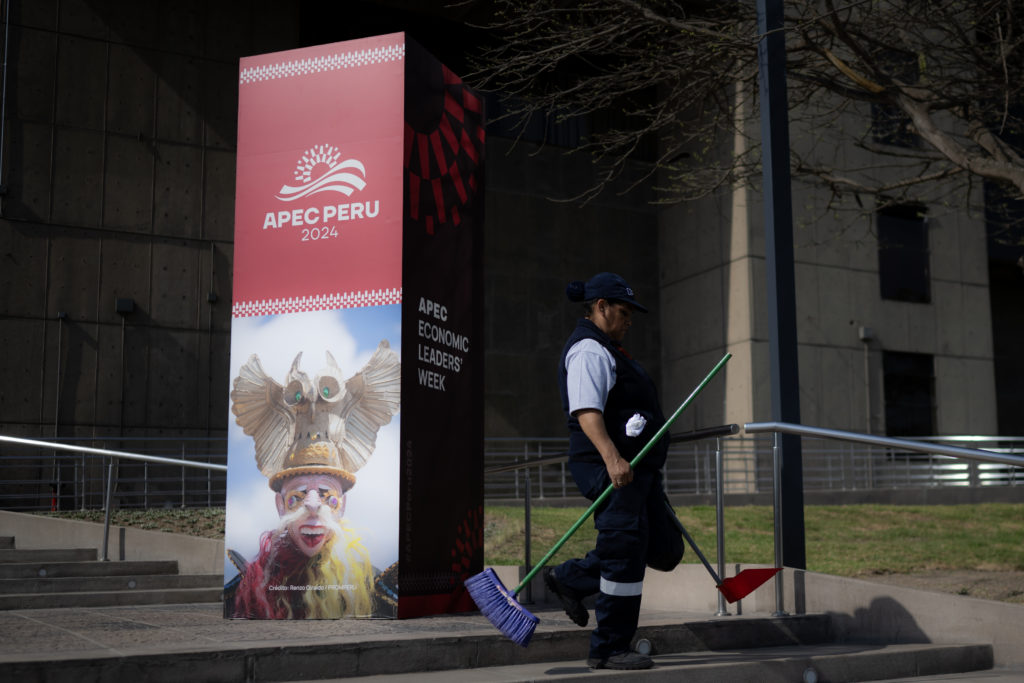The shutting down of prominent rights group Memorial, critics and historians say, is the clearest sign yet of the Kremlin’s desire to control not only Russia’s present, but its past as well.
The Supreme Court last week ordered Memorial International — a symbol of Russia’s reckoning with Stalinism — to close its doors over alleged violations of a controversial “foreign agents” law.
The move came at the end of a year that saw an unprecedented crackdown on Russia’s opposition, with the jailing of top Kremlin critic Alexei Navalny, arrests of his supporters and the shutting down of independent media.
Memorial is more than a rights group. Since its founding in 1989 it has tirelessly chronicled Stalin-era purges, often putting it at odds with President Vladimir Putin’s efforts to glorify the Soviet era.
With Memorial out of the way, historians fear the narrative will now firmly be in the hands of those — like Russia’s powerful security services — who prefer a less nuanced version of the country’s past.
“They are trying to create one single narrative, their own,” historian Nikita Sokolov said.
“Memorial is the carrier of this other version of the people’s memory.”
The group has built a huge archive of those who suffered under Stalin, with almost every Russian family counting victims of 1930s repression among it.
But during the high-profile trial, prosecutors accused Memorial of denigrating the memory of the Soviet Union.
“Why should we, the descendants of victors, be ashamed and repentant instead of being proud of a glorious past?” judge Alexei Zhafyarov said on the day of the ruling.
– ‘Victims but no perpetrators’ –
Young Russians — an entire generation that has grown up under Putin’s two-decade rule — have increasingly been fed a version of the past in which Stalin-era crimes are but a minor detail in history textbooks.
“It is a ‘light’ version of Soviet history, in which the state is not guilty,” said political expert Alexei Makarkin.
At the centre of the Kremlin’s version of history, Stalin is portrayed as a victor in the Second World War — which Russians call the “Great Patriotic War” — rather than a dictator who had millions of his own citizens shot or sent to labour camps.
Memorial contradicted this doctrine, and particularly angered authorities with its mission to expose the identities of Stalinist perpetrators.
Its director Yan Rachinsky told AFP that while the government does not deny the repressions, “it is a question of interpretation”.
The state is trying to show that there were “individual bad people who did this, it’s as if there were victims but no perpetrators,” he said.
“We clearly showed that this was state policy and that the Soviet Union was a terrorist state.”
– ‘Corpse coming to life’ –
The end of 2021 saw several other moves against any kind of criticism of the official version of history.
One of Memorial’s Gulag historians, Yury Dmitriyev, had his prison sentence increased to 15 years the same week of the Supreme Court ruling.
Supporters of Dmitriyev — who spent years uncovering mass graves in northern Russia — say the child sex charges against him are unfounded and punishment for his work.
A teenager was also sentenced to four years in prison last month after he posted a picture online of himself urinating on a public sign featuring a portrait of a World War II veteran.
Putin, 69, has leaned towards a version of history friendly to his former employer the KGB, but has trodden a fine line and not embraced Stalinists.
In 2017, he unveiled a monument to victims of political repression in Moscow and has recently supported the idea of a statue for Andrei Sakharov — the legendary dissident who helped found Memorial.
His view, experts say, is that repressions should be remembered but not portrayed as the 20th century’s main event or blamed on the Soviet state.
With Stalin increasingly glorified in Russian history books and on state television, a poll by the independent Levada Centre last summer found more than half of Russians have a positive view of the dictator.
Rachinsky said that by refusing to admit the horrors of Stalin’s rule, Russian authorities risk reviving some of what he stood for.
“As crimes are not called by their names, then this corpse (of Stalin) is coming to life, whether they like it or not.”

